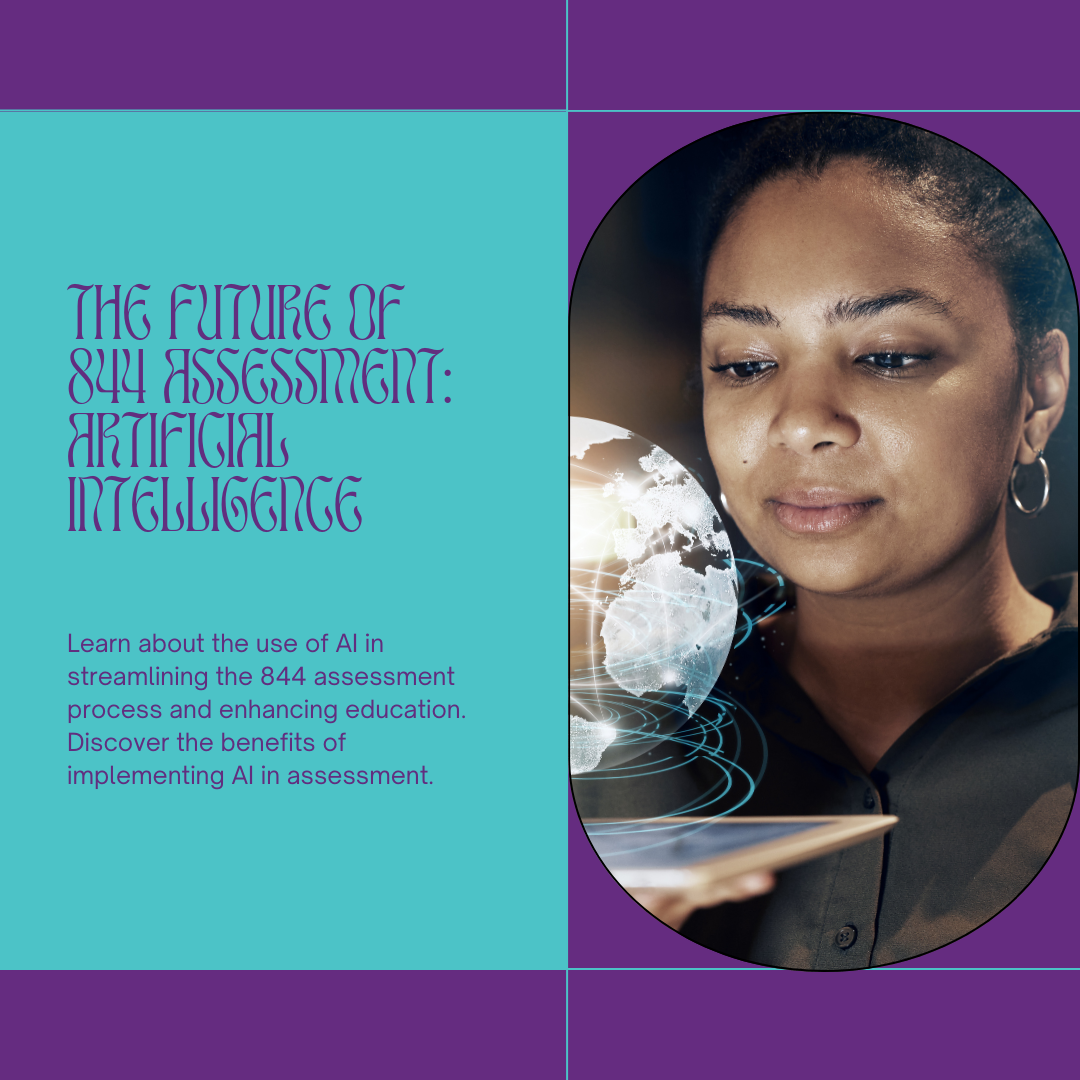
The incorporation of Artificial Intelligence (AI) presents a catalyst for the rapid growth of education and has the potential to transform evaluations. The boundaries of learning are expanding, and with them, the ways in which we assess and quantify information as well as the types of knowledge and understanding that we find valuable are changing dramatically.
The introduction of AI into this arena promises to change evaluations fundamentally while also improving their effectiveness and accuracy.
The foundation of education is the assessment, which acts as a compass for both facilitators and students as they acquire information. They offer priceless insights into the development, capabilities, and areas that still need work for learners.
Exams, quizzes, and assignments have historically been used as evaluation tools to gauge students’ mastery of certain skills and knowledge. But as education expands beyond physical classrooms and textbooks to include virtual and online environments as knowledge sources and interactive platforms, evaluations are on the verge of a paradigm change.
AI is the primary force behind this change as it has the ability to expand the scope of assessment into previously unexplored areas and will compel us to reconsider the definition of assessments and their use in education.
Artificial Intelligence (AI) offers a diverse toolbox that may improve learning processes in addition to assessment experiences. It can automate grading, customize test routes, and evaluate data-driven insights. The field of education and learning is about to undergo a radical change as a result of AI’s ability to transform assessments from a static means of evaluation to an active means of learning and development.
Quick Modifications to the Assessment
Grading assignments, examinations, and quizzes has always required a lot of work from instructors and was sometimes tainted by prejudice and inconsistent human interpretation. However, the landscape of assessment will and is experiencing a fundamental transition as artificial intelligence (AI) becomes more prevalent in the fields of learning and education.
Students’ Experience: A Quilt of Advantages
The introduction of AI-led evaluations signals the beginning of a new age of empowerment for students. Instant feedback breaks through conventional barriers, empowering students to confront their shortcomings, build on their strengths, and make real-time corrections.
By using adaptive difficulty levels, test anxiety may be reduced and the assessment atmosphere is transformed into one of encouragement and support. Additionally, each learner’s educational route is customized through individualized learning paths, which promotes a sense of mastery and ownership. With AI at their side, students no longer view exams as insurmountable obstacles but rather as milestones on the path to their goals.
